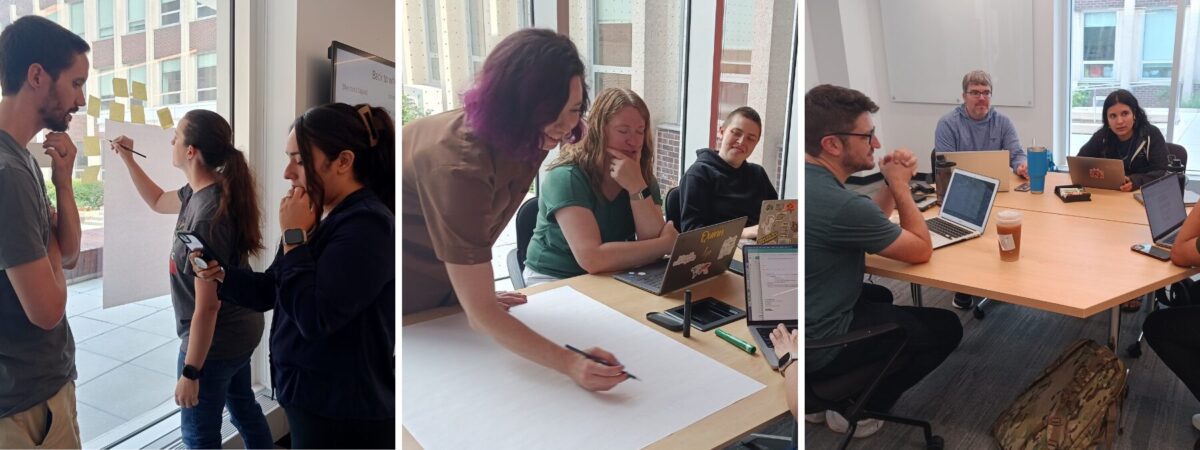
The Deeper Discussions in World History project team has learned with and from these teachers about how to elevate their teaching expertise and insights into the design process and developed resources. As the co-design phase of the project concludes—during which teachers and researchers collaborated to design lesson plans and resources—the team would like to recognize and celebrate this phenomenal cohort of educators and their journey.
These resources could not have been developed without teachers’ continued commitment to this work. Teachers not only contributed their invaluable input, but also devoted their time and energy to three successful in-person design workshops and weekly virtual design meetings.
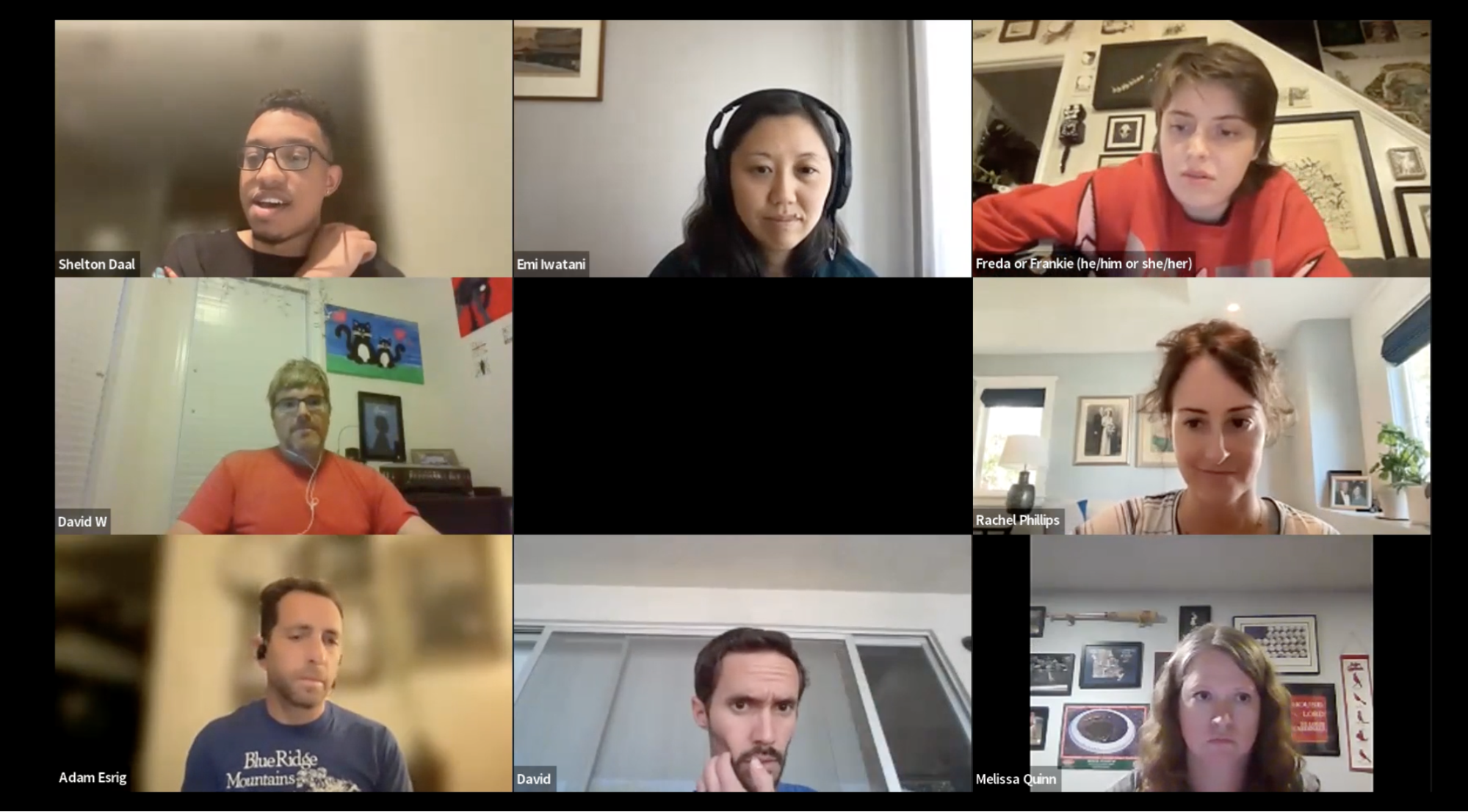
Members of the co-design team, including teachers and researchers, met virtually to share updates on the pilot lessons being developed.
We celebrate each co-design teacher and their remarkable achievements, which include:
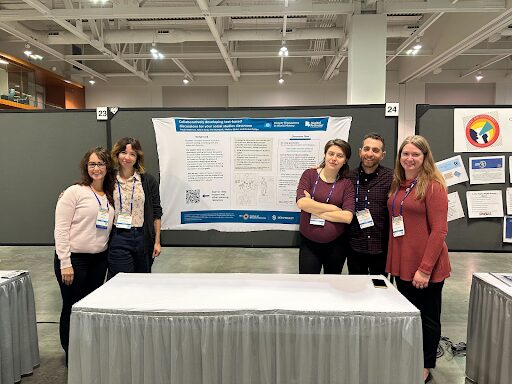
A group of five co-design team members stand in front of their poster at the National Council for the Social Studies Conference in December 2023.
Through informal small group check-ins, one-on-one conversations, and post-workshop surveys, the project team continuously captured and documented teachers’ authentic reflections throughout their design journey. This process helped center teachers and their students’ voices in the co-designed resources and helped the project team make timely refinements and improvements to the overall design process.
For many of the teachers, this project was the first time they had engaged in co-design. They reflected positively on the experience, sharing how their engagement has shifted their mindsets, influenced their teaching practice, and supported their ongoing professional development.
“So I think this project is seeing [team member’s] thinking change and to just open my mind up to all the different types of [classroom instruction] that are possible. But I wouldn’t say that only has influenced World History for me. I would say that’s going to influence all my teaching.” – Maya Jonsson
“There are a lot of things that I wouldn’t have tried had I not been exposed to all the awesome people that are part of Digital Promise, that are part of this project. Being in year 14, I think I have like a routine of what I think good teaching looks like, what I think learning looks like, what I think student achievement, growth, all of that stuff looks like, [but in] one area where I wasn’t taking risks, I wasn’t letting students, I wasn’t ceding control of my classroom to students.” – Steven Virgone
“This has been a wonderful experience to be able to [collaborate among teachers]. I’m used to working with the teachers in my school, but to work with teachers who teach in different states and different districts with different accountabilities, it’s been a very good experience. It’s taught me a lot about myself and my district and my own teaching. So I’ve really enjoyed that. I know others in the group have enjoyed that as well.” – Melissa Quinn
Many teachers also shared their sentiments and hopes for the co-designed resources and the potential impact for students and world history teachers broadly.
“I really hope this curriculum gives teachers an opportunity to have students doing history, interpreting primary sources together, making meaning together. I think in the process they learn competencies. They learn skills that hopefully they’ll take with them in the rest of their lives. So I think that this is probably the most important in the social studies curriculum or in the social studies classroom. And I hope that teachers will use these tools to challenge their students and to trust them to be the sense makers.” – Adam Esrig
“And for teachers, especially new teachers who are working so hard on classroom management, for them to feel confident and comfortable enough to let go and actually be a facilitator, that doesn’t normally happen in those first few years of teaching. And so I would love for them to be able to look at our research and resources and feel comfortable enough to try it.” – Dani Jennings
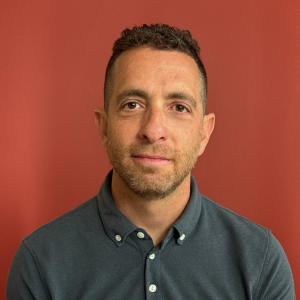
Adam Esrig, New York City Department of Education, New York
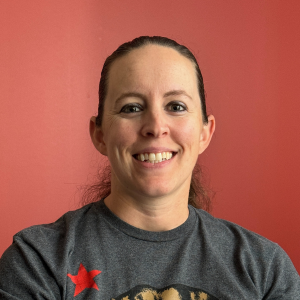
Danielle (Dani) Jennings, Clark County School District, Nevada
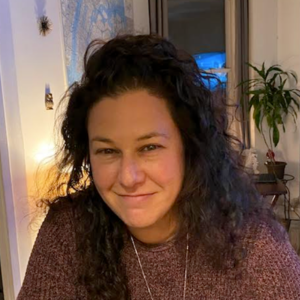
Daryn Cohen, New York City Department of Education, New York

David Garcia, Fullerton Joint Union High School District, California
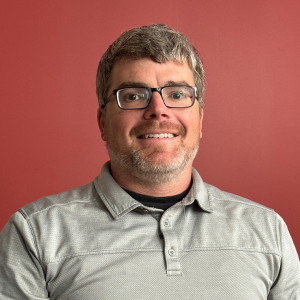
David Wessel, Prince William County Schools, Virginia
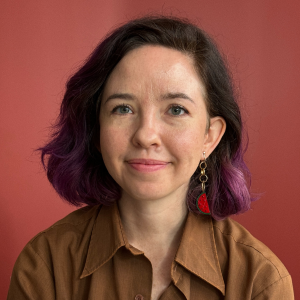
Erin Mandzak-Heer, School District of Philadelphia, Pennsylvania
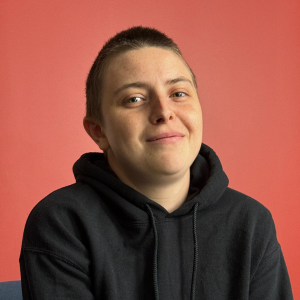
Freda Anderson, School District of Philadelphia, Pennsylvania
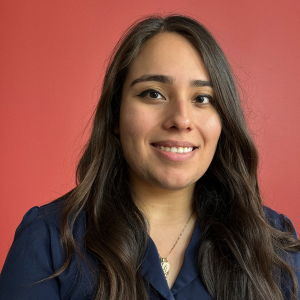
Lucero Gonzalez, Milwaukee Public Schools, Wisconsin
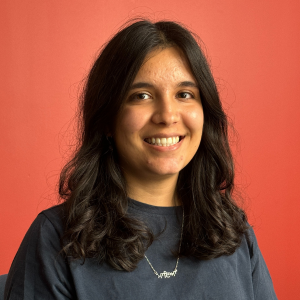
Maya Jonsson, School District of Philadelphia, Pennsylvania
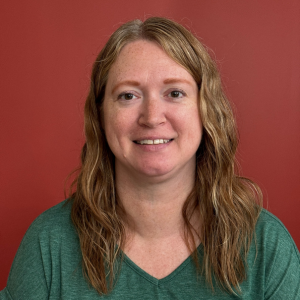
Melissa Quinn, Fayette County Public Schools, Kentucky
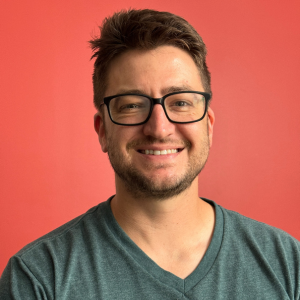
Steven Virgone, Piscataway Township Public Schools, New Jersey
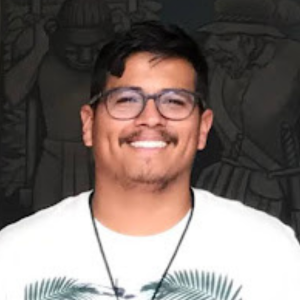
Etiene Andrade-Torres, Oakland Unified School District, California
To stay up to date on the Deeper Discussions in World History project, subscribe to the Learning Sciences Connection newsletter!